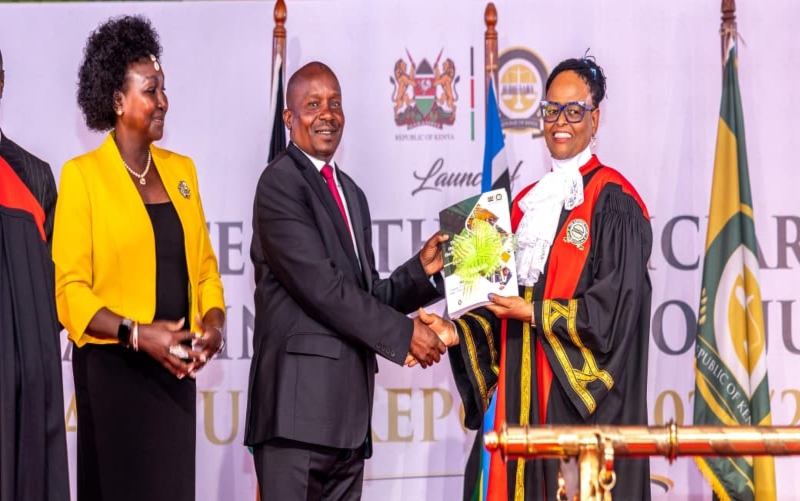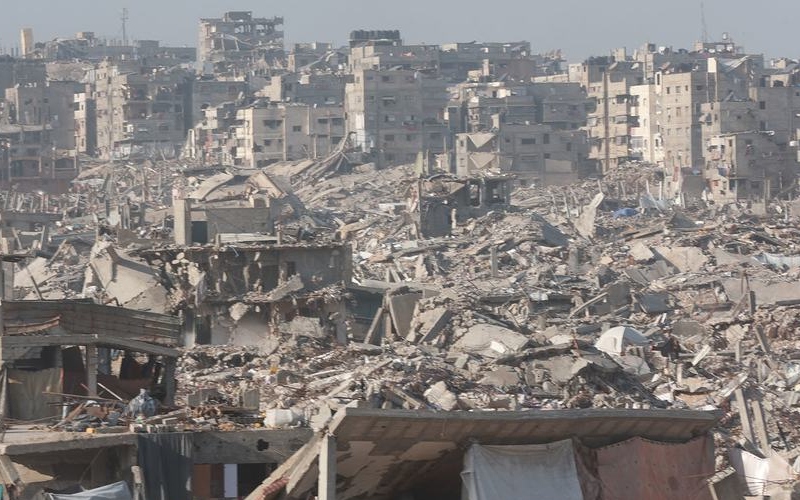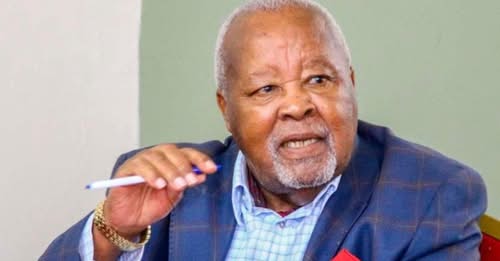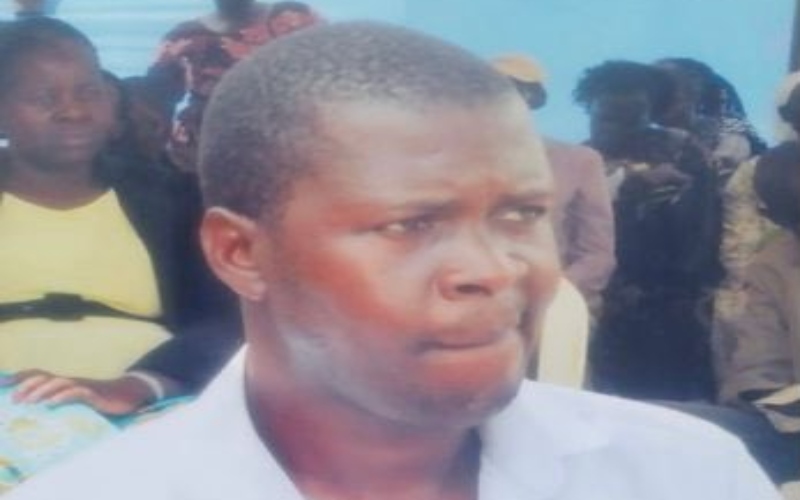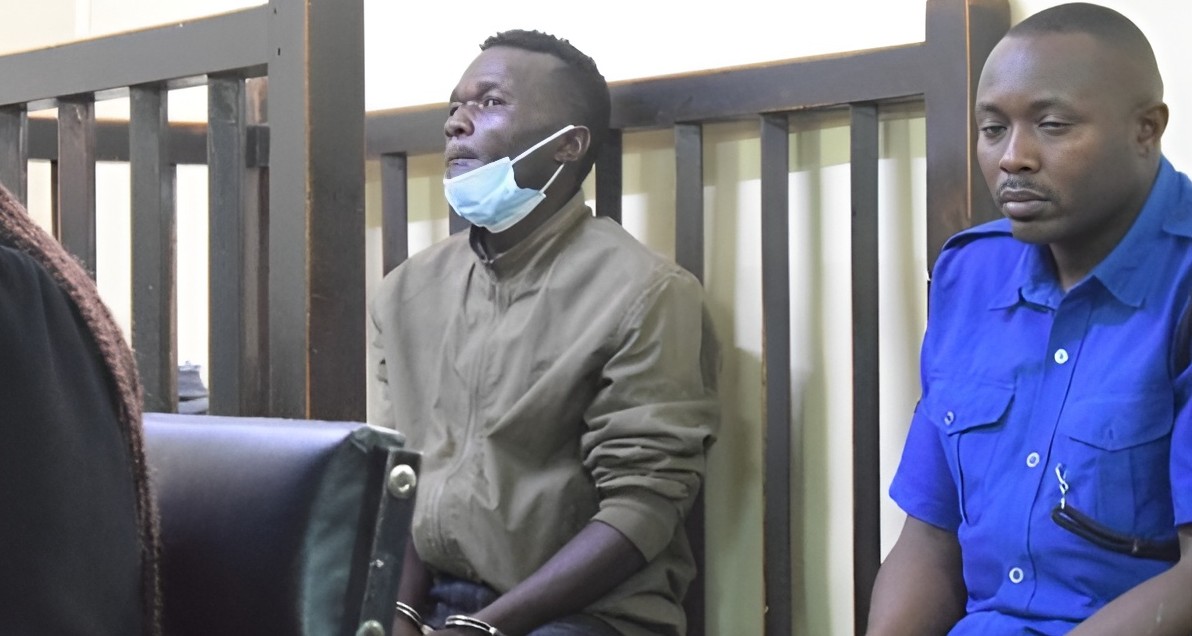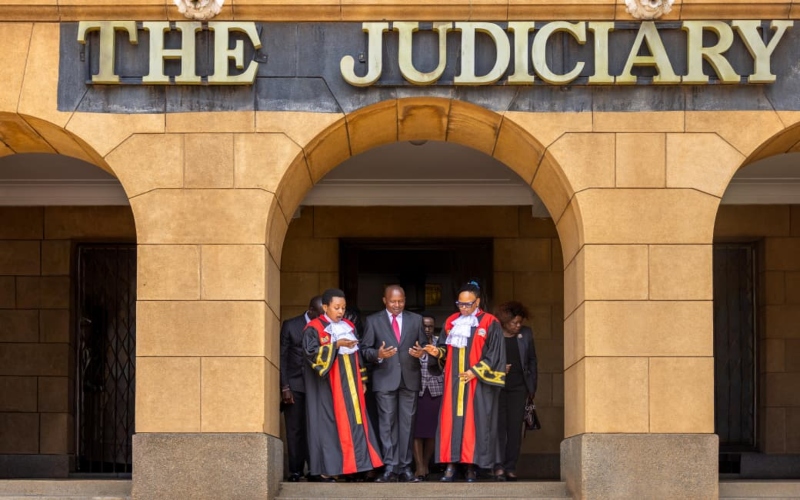Kenya-led security mission’s possible end raises fears of surge in violence in Haiti
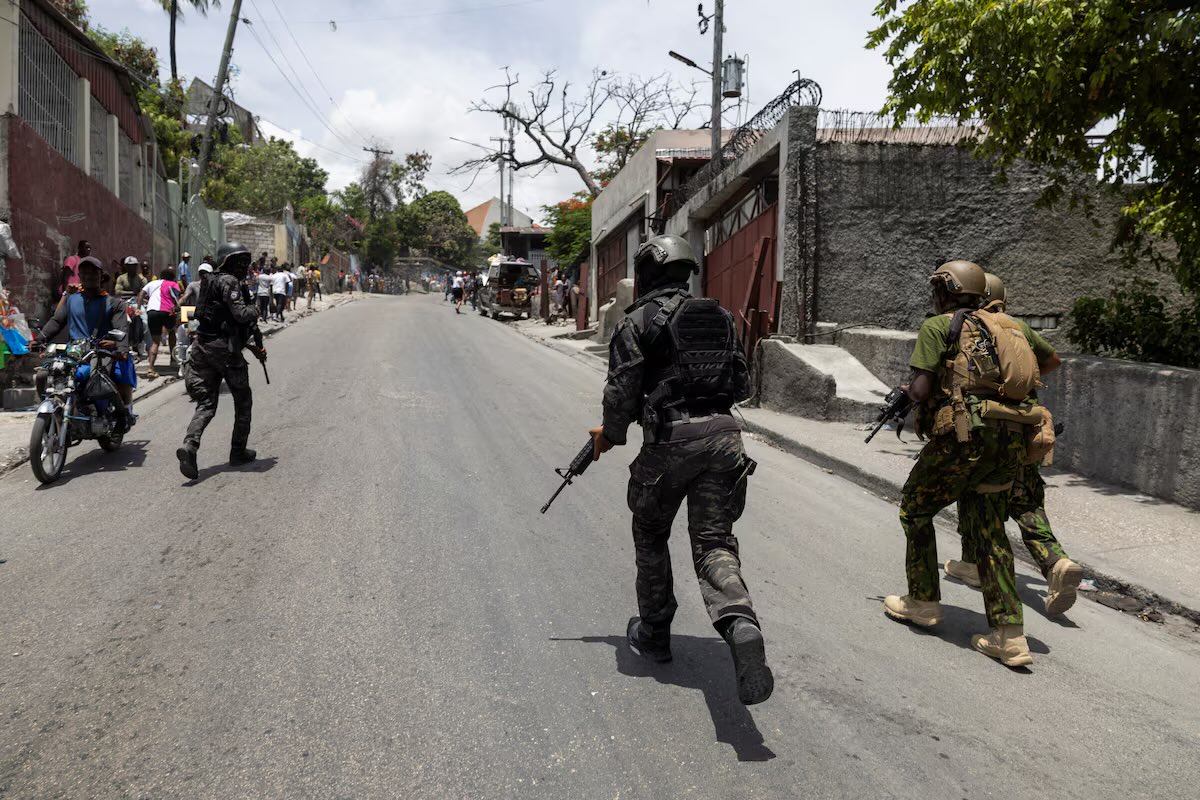
In Port-au-Prince, gangs control nearly 90 per cent of the capital and are extending their reach into the Centre and Artibonite regions, pushing towards the Dominican border and Haiti's northern regions.
Haiti's crisis is entering a dangerous new phase, with criminal groups tightening control, violent territorial divisions deepening, and state authority collapsing, a global security think tank warns, as concerns emerge over a possible security vacuum following the end of the Kenya-led mission.
The new policy brief by the Global Initiative Against Transnational Crime (GI-TOC) examined the developments in the country during the second quarter of 2025 and says that the most powerful criminal groups now function like armed militias, controlling vast swathes of the country.
"In Port-au-Prince, gangs control nearly 90 per cent of the capital and are extending their reach into the Centre and Artibonite regions, pushing towards the Dominican border and Haiti's northern regions. Their governance model is based on territorial control, extortion, and growing political influence. Extortion alone generates between $60 million (Sh7.7 billion) and $75 million (Sh9.7 billion) annually from container transport," the report says.
More To Read
- Haiti security forces say era of unchecked gang power is over as crackdown intensifies
- Haiti, Panama and Curaçao seal historic World Cup spots
- ‘Kenya can’t do it alone’: US urges more nations to join Haiti’s Gang Suppression Force
- Millions of lives at risk, warn UN food agencies, as hunger crisis worsens
- At least 20 dead as Hurricane Melissa hits Haiti
- Green light for Gang Suppression Force tells Haitians ‘they are not alone’, Security Council hears
It added that the state security sector itself has fragmented further with rivalries, lack of coordination, privatisation, and militarisation, having weakened institutions.
"While the government has created a task force, recruited a private military company, and expanded militarised responses such as drone strikes, these remain insufficient. The Kenyan-led Multinational Security Support (MSS) mission continues to face structural and political obstacles, with weak integration into Haiti's security framework," the brief says.
Furthermore, vigilante brigades, initially formed for community protection, now play a central role in Haiti's security landscape.
"While indispensable to local defence and often collaborating with the police, they also blur the lines between state and non-state actors. Some brigades pursue territorial and political expansion, raising concerns that they could evolve into criminal groups. Cycles of revenge and intra-communal violence increasingly target civilians, eroding social cohesion," the brief adds.
The report is corroborated by media reports by a local newspaper, the Miami Herald, which reported that Haiti is experiencing yet another phase of violence escalation with gunmen in Haiti having killed dozens of farmers in a rural fishing village north of Port-au-Prince, attacked an armored police vehicle, killing the driver and injuring two cops in the hills above the capital, and set fire to a police station in the country's breadbasket to consolidate their hold on the Lower Artibonite region in the last few days.
This is happening as Kenya awaits the final United Nations Security Council decision on whether its mandate shall be extended in less than two weeks.
The upcoming end of the Multinational Security Support (MSS) Mission has sparked a state of uncertainty in Haiti over possible reversion of some of the gains it has achieved if the troops leave Port-au-Prince before another mission is set up.
Speaking during a panel discussion on the crisis sponsored by the Inter-American Dialogue and Florida International University's Jack Gordon Institute for Public Policy, Vanda Felbab-Brown, a senior fellow at the Brookings Institution in Washington, said, "The future is very bleak".
"It's very easy for Kenya to wash its hands of it at this point, and there is no incentive to stay, because there is no big prize to be gained. But I think that will be an absolute disaster if that happens. Who knows when this mythical Gang Suppression Force will show up, and who will staff it? If Ruto pulls the mission out, then no one will stay without the Kenyans," she told the Miami Herald.
GI-TOC said the country is also facing an alarming humanitarian situation, having lost at least 4,026 between January and May 2025, a 24 per cent increase compared to 2024.
By July, more than 1.3 million people, over 11 per cent of the national population, half of them minors, were displaced. Nearly 700,000 children live without secure housing, and more than 1,600 schools closed in the first half of 2025 due to violence, leaving 243,000 children without access to education.
Politically, the think tank observes that the Transitional Presidential Council (TPC) is paralysed.
"Despite its mandate to restore security, reform institutions, and prepare elections, it has failed to deliver. With elections unlikely in November 2025 and no plan for the post-mandate period starting in February 2026, a dangerous political vacuum risks deepening. Meanwhile, international engagement remains stalled, with ambitious plans but no consensus or implementation," the brief says.
It called for the implementation of urgent priorities like reinforcing Haitian-led governance and justice initiatives, restoring coherence among transitional institutions, dismantling the networks sustaining the criminal economy, and preparing for a credible transition beyond February 2026.
Top Stories Today




